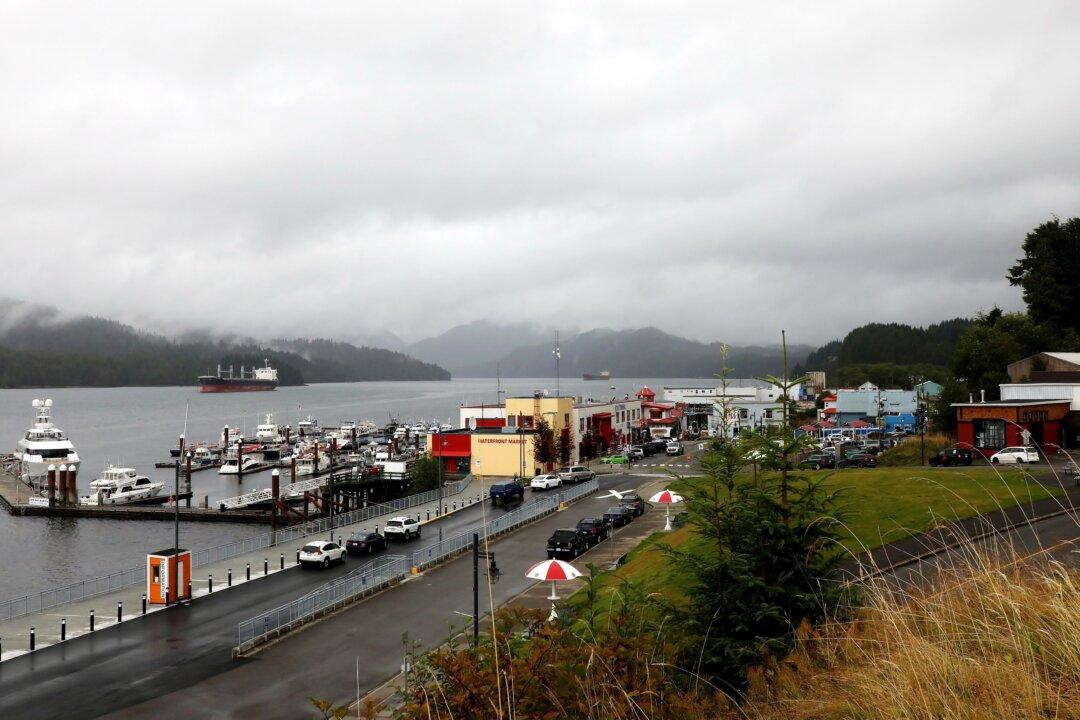A century ago, when Canada’s prime ministers were visionaries and not bank-appointed aspirants of positive branding, our founding fathers dreamed of a Canada with three major ports on the West Coast.
The first would be near the southern border and guard the Dominion from the South: Vancouver. The second would be near the southern border of Alaska, either Seward or Prince Rupert, and guard us from the North. The third would be a smaller port and serve the Yukon and Stikine: Skagway, which the Americans managed to convince an international mediator to give to Alaska.



